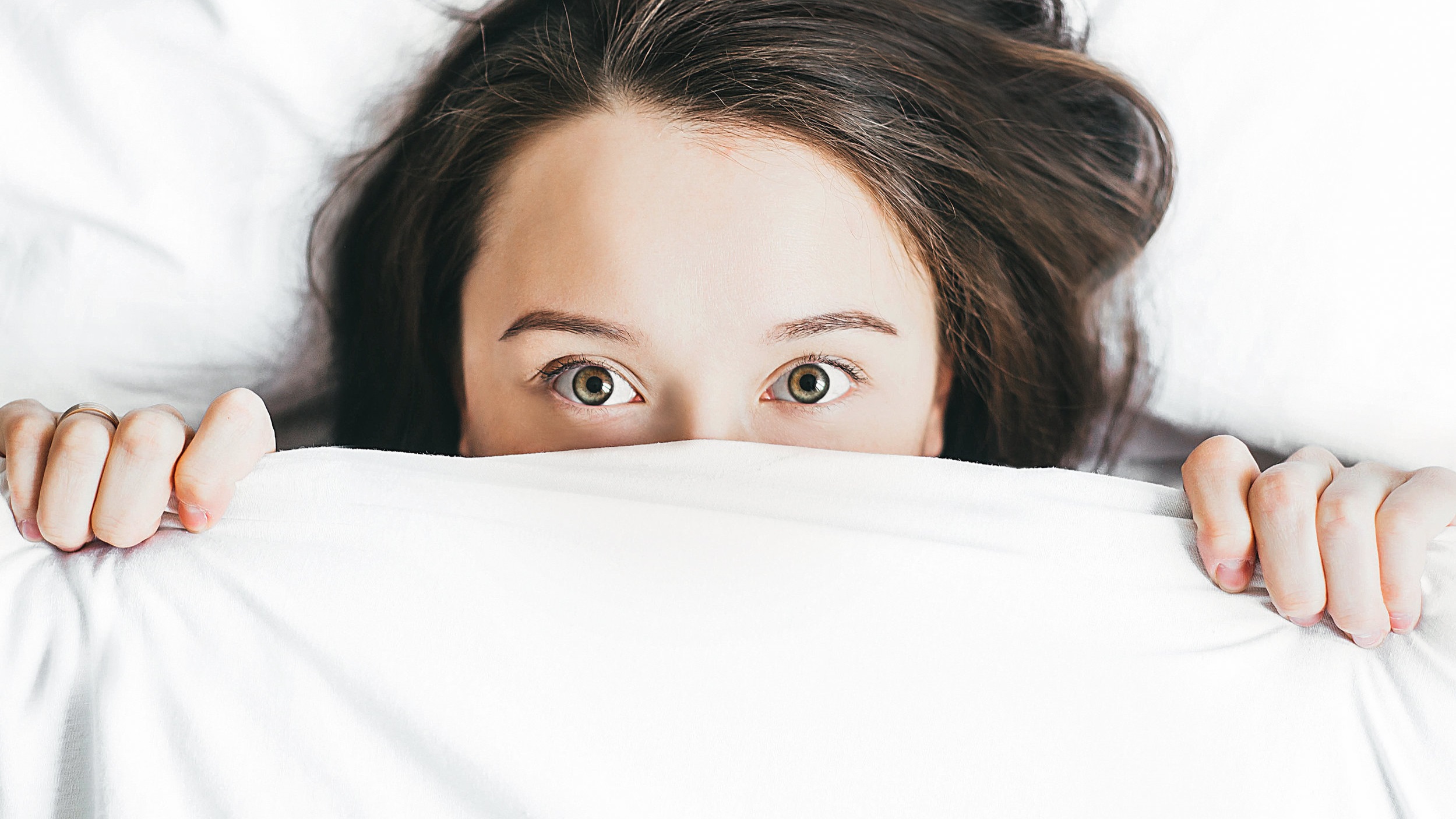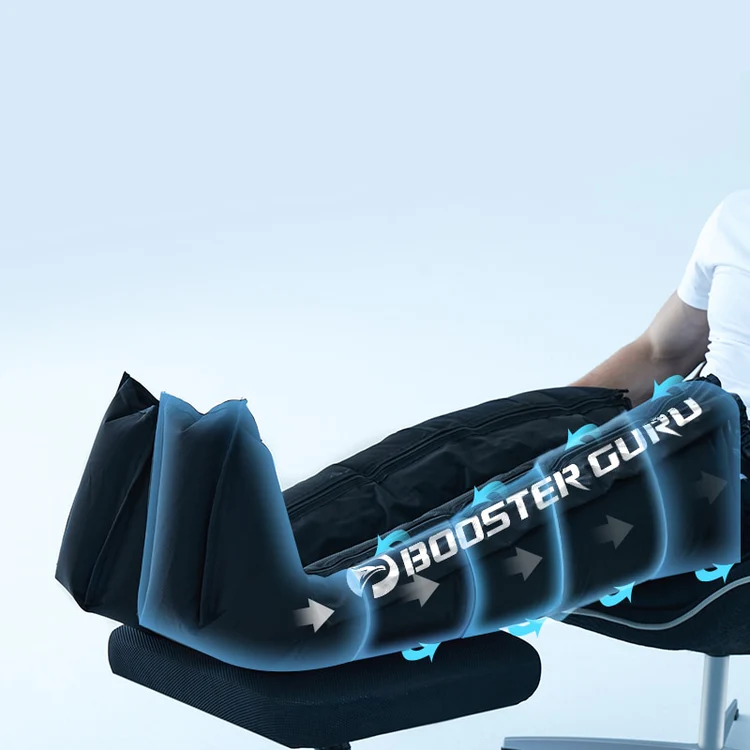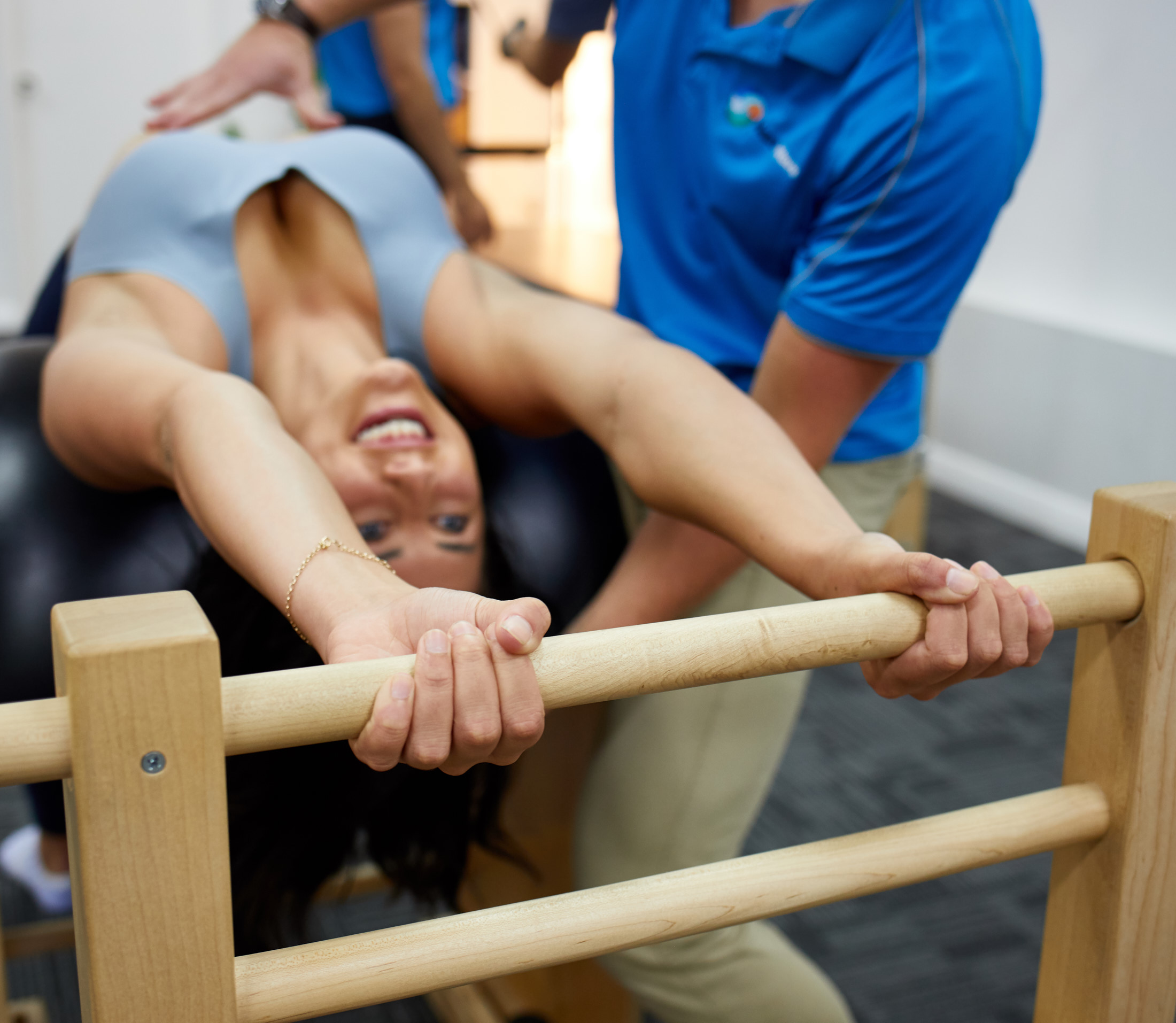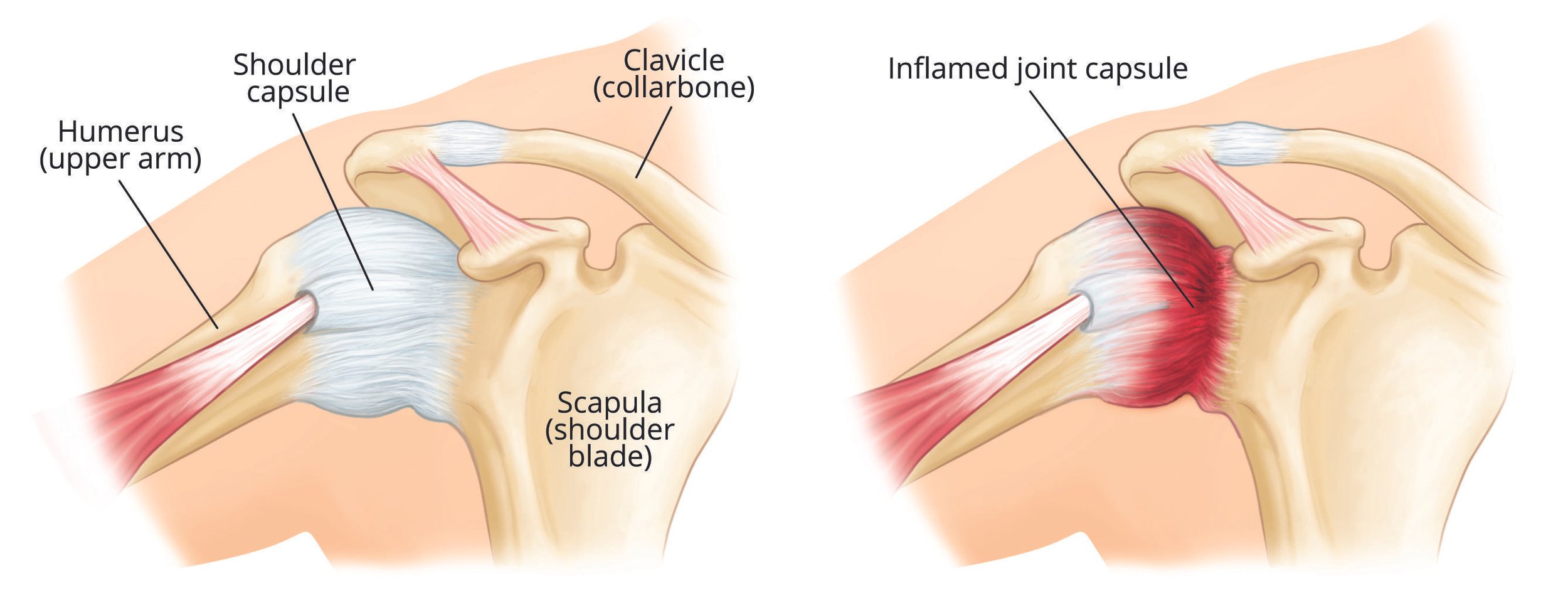Trying to get a good nights sleep?
You are not alone.
40 – 50% of all Australians are up at night with you – trying hard to get to sleep and/or stay asleep.
It’s a world wide epidemic with serious implications for your health and our society.
Occupational therapy and natural therapies can help you get a good nights sleep.
Sleep is an occupation
Sleep is an occupation that we do routinely (or try to) each night. As such, poor sleep can become habitual and take on a life of its own.
Everyone experiences acute insomnia at different times in their life. This is when one night of insomnia turns into weeks, months and sometimes years. Often the reasons why the poor sleep continues has nothing to do with the factors that triggered the poor sleep in the first place.
Sleep disturbance becomes a habit. Acute insomnia can turn into chronic sleep disorder. So it is very important that healthy sleep is re-established fairly soon after a period of disruption.
Sleep and Mental health
Mental health and sleep are related in important ways.
In the past, problems with sleep has largely been viewed as a symptom found in psychiatric disorders such as depression, PTSD, and bipolar disorder. Bidirectional relationship between insomnia and certain co-existing conditions, such as depression, are now widely accepted. ‘Insomnia disorder’ is now recognised in the DSM-V as a condition requiring independent clinical attention, regardless of other medical problems that may be present.
Why cant I sleep?
Sometimes there may be a single known cause, like a stressful event, but often it’s complex. The many factors that contribute to insomnia relate to what’s happening in your body, your thoughts, feelings and behaviour over one’s 24 hour circadian clock.
The “3 P’s Model” helps to understand the multi-factorial factors of insomnia. This model was designed to help people understand the development and persistence of health problems, and was brought into research on poor sleep by Dr Art Spielman in the 1980s. The three Ps stand for ‘predisposing’, ‘precipitating’ and ‘perpetuating’ factors:
Predisposing factors
These are characteristics that make you more likely to develop poor sleep. They include your genetics, being female, age and personality factors, such as being more prone to anxiety or depression, a high tendency to criticize yourself and/or others, and worry
Precipitating Factors
These are factors that lead to acute insomnia. Precipitating factors to sleep disturbance include
-
Depression, Anxiety, Grief and/or Trauma
-
Stressors such as relationship difficulties, financial worries and/or work stress
-
Physical illness and/or pain
-
Menopause or Menstruation
-
Routines that disrupt your body clock such as shift work, working long or irregular hours
-
Broken sleep due to caring for baby or sick relative
Perpetuating factors
These are things that maintain poor sleep and make it more likely that a sleep problem will turn into chronic insomnia. This includes going to bed and getting up in the morning at different times each day, poor bedtime routine, sleeping or napping during the day, using sedative drugs and alcohol to fall asleep and a sleep environment that does not feel safe and relaxing.
3 common mistakes people make when trying to good night’s sleep
-
Use the bed for ‘daytime awake’ activities like reading, watching TV, studying, listening to music, napping.
-
Fall asleep anywhere but in bed. How many people fall asleep on the couch only to find themselves wide awake when they take themselves to bed?
-
Staying in bed when you can’t sleep
How do I get to sleep?
Acute sleep problems can be helped by:
-
Manage mood and stress with relaxation strategies
-
Establish a relaxing bed time routine
-
Don’t sleep or nap during the day
-
Don’t try too hard to sleep, you can’t force sleep.
-
Do not lie in bed awake for a long time. If you are feeling frustrated get up for 10 – 15 minutes and then go back to bed.
-
Be productively active during the day
Chronic sleep disturbance is more complex
Chronic insomnia can be helped. It starts with a comprehensive assessment with a qualified health professional. From there a treatment plan can be devised to meet your specific needs. At Next Wave Therapy our occupational therapist’s and naturopath’s treat acute and chronic sleep disorder.
An occupational therapy assessment addresses the 3 P’s (predisposing, precipitating and perpetuating factors) but also assesses your occupations.
Occupations impact your physical, psychological and spiritual health. As such they have a significant impact on how you sleep. As well as addressing your occupational performance and satisfaction, Next Wave occupational therapists help you learn relaxation strategies, develop better sleep hygiene and make recommendations around environmental needs. They also address mental health and psychological concerns impacting sleep.
A naturopathy approach assesses your biological needs in context of your environment and lifestyle. Next Wave naturopath’s prescribe herbal medicines, nutritional supplements, diet and lifestyle advice.
More information about sleep REM cycle’s, natural therapies and occupational therapy can be found in our blog titled Sleep on a Spinning Planet.
Written by Sasha Wray Principal Occupational Therapist I Special interest in chronic pain, sleep and mental health concerns. Registered provider of psychological therapies under Medicare’s Better Access to Mental Health initiative.
Copyright Next Wave Therapy








